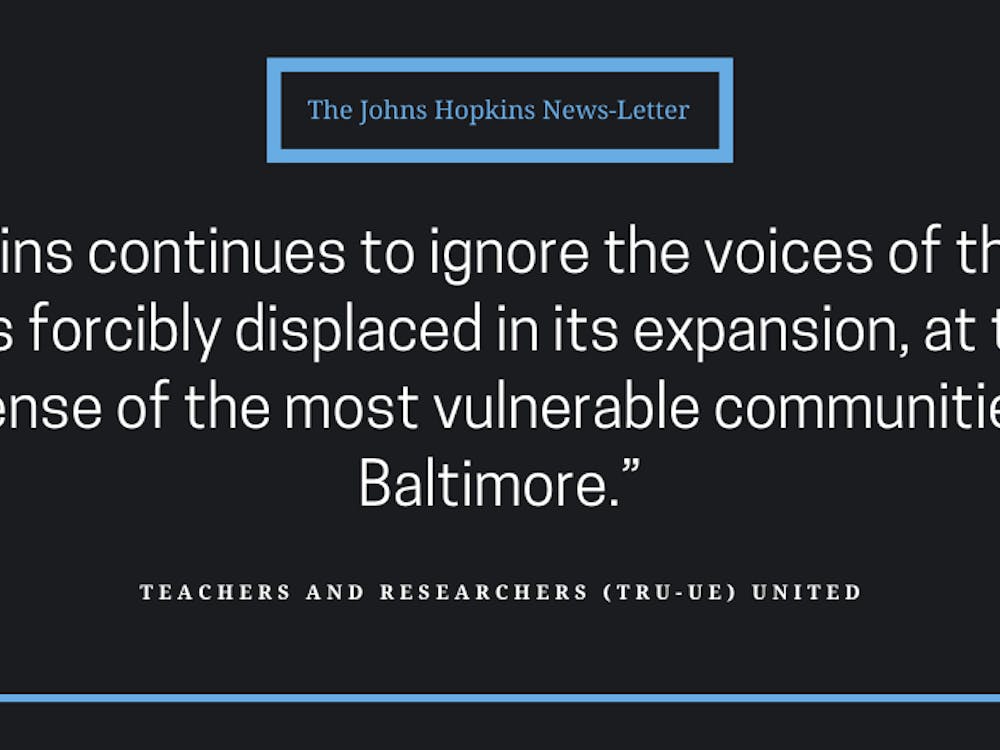The Rhodes Scholarship, which funds studies at Oxford University for recipients, announced on Feb. 19 that it will be expanding the program by adding two additional scholarships for students from anywhere in the world. Until this year, Rhodes Scholarships were only available for applicants from select countries.
Established in 1903, the Rhodes Scholarship is named for Cecil Rhodes, an imperialist and businessman. Rhodes has been controversial because he supported apartheid in South Africa and pushed for military expansion of the British empire in the 19th century.
Kelly Barry, the director of the University’s National Fellowships Program, said that while this is a small number, she believes the decision to be more inclusive is a promising step.
“The emphasis on expanding eligibility and on making the Rhodes more inclusive is obviously the right direction to go,” she said.
Barry explained that applying for the Rhodes Scholarship will remain the same for Hopkins students, regardless of their country of origin.
“It’s not going to change our process or the way that the National Fellowships Program advises students,” she said. “Any students that are eligible for the new global scholarships would work with our cohort of applicants.”
This year, over 100 Rhodes Scholarships will be offered. This is the first year that British students and students from anywhere in the world are eligible for the scholarship.
Aside from the two global scholarships, students within designated regions and countries can apply for specific spots. For example, 32 Rhodes Scholarships are only available to students from the U.S.
For Barry, diversity and inclusion within the Rhodes Scholarship can relate to race, ethnicity or gender, but should also consider the college or university from which students come.
“In theory it’s more inclusive, but whenever a scholarship is announced or expanded it’s usually done with a lot of idealistic language. And what matters a lot more is that you look at the cohorts of scholars who are actually named,” she said. “At present, if you look at the Rhodes Scholars from the U.S., almost half come from a handful of universities.”
Barry stressed that while expanding the Rhodes Scholarship is a good step, it offers fewer opportunities in comparison to other fellowships.
“The Rhodes is a really small number of students,” she said. “Is it important? Yes. But I would say a program like the Fulbright is far more important, because it sends a greater number of young Americans abroad to more countries, to study and research and also to live in communities and teach English and teach American culture,” she said.
Opportunities for students to pursue post-graduate education are critical today, Barry said, especially as relations between the U.S. and foreign nations grow increasingly strained.
“Given the political climate in the U.S., studying and living abroad couldn’t be more important. It’s vital,” she said.






















Please note All comments are eligible for publication in The News-Letter.